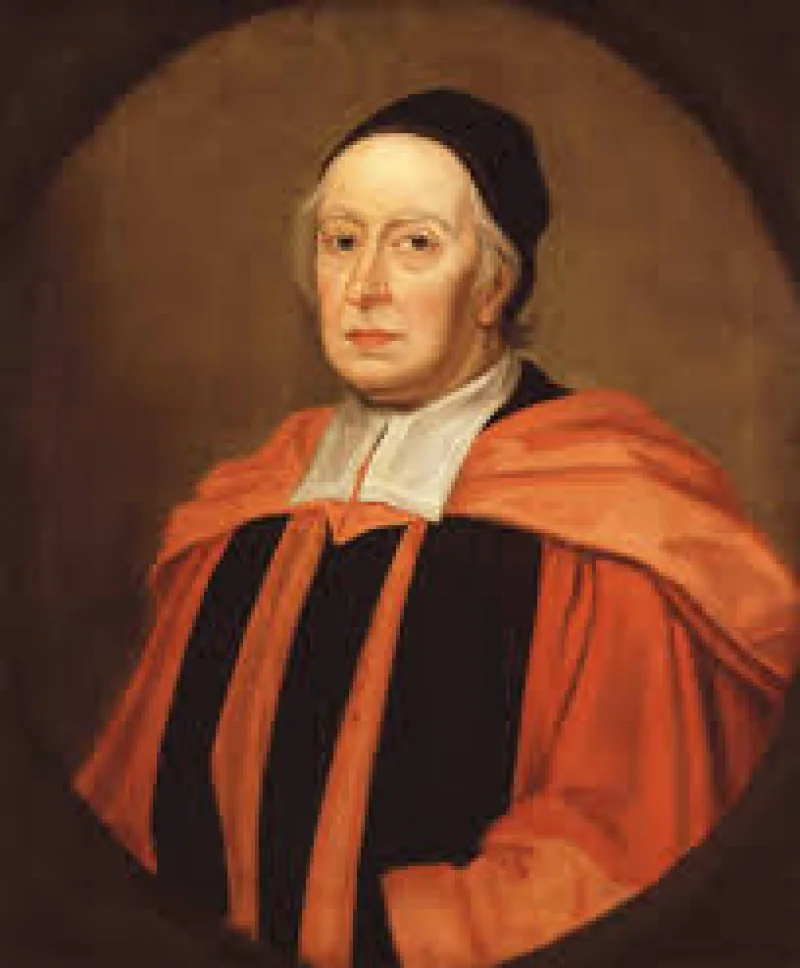Short Summary
Francis Crick was a British molecular biologist, biophysicist, and neuroscientist, best known for co-discovering the double helix structure of DNA with James Watson in 1953. This groundbreaking discovery is considered one of the most significant scientific achievements of the 20th century, earning them the Nobel Prize in Physiology or Medicine in 1962. Crick's work fundamentally transformed the field of genetics and laid the foundation for modern molecular biology, influencing research in genetics, medicine, and biotechnology.
Early Life & Education
Francis Crick was born on June 8, 1916, in Northampton, England, to Harry Crick and Annie Elizabeth Crick. His father managed a shoe factory, and the family valued education and scientific inquiry. Crick showed an early interest in science, particularly in understanding how things worked. He attended Northampton Grammar School and later won a scholarship to study at Mill Hill School in London. He pursued physics at University College London, earning his Bachelor of Science degree in 1937. His education was interrupted by World War II, during which he worked on naval warfare research, but he later resumed his studies, shifting his focus to biology.
Career Highlights
After the war, Crick transitioned to biology, joining the Medical Research Council Unit at the Cavendish Laboratory in Cambridge. It was here that he met James Watson, and together they discovered the double helix structure of DNA in 1953. Their discovery revolutionized understanding of genetic information transfer. Crick continued his research at the Salk Institute for Biological Studies, exploring neuroscience and the nature of consciousness. He remained an influential figure in molecular biology and neurobiology throughout his career, contributing to crucial theories that shaped these fields.
Major Achievements
- Co-discovery of DNA's double helix structure, providing insight into genetic replication and protein synthesis.
- Co-recipient of the 1962 Nobel Prize in Physiology or Medicine for discoveries concerning the molecular structure of nucleic acids.
- Contributed to the understanding of the genetic code and how it directs protein synthesis.
- Pioneered research in neuroscience, particularly regarding the hypothesis of consciousness and the brain's role in perception.
- Played a vital role in advancing molecular biology as a field, influencing generations of researchers.
Famous Quotes
- "If you want to understand function, study structure."
- "The dangerous man is the one who has only one idea, because then he'll fight and die for it."
Interesting Facts
- Crick initially pursued a career in physics before shifting to biology after World War II.
- He was known for his vibrant personality and was often seen wearing colorful ties.
- Crick worked at the University of Cambridge for over 20 years before moving to the Salk Institute in California.
- He was deeply interested in the nature of consciousness, spending his later years researching this topic.
- Crick's influence extended beyond his lifetime, inspiring a new era of genetic research and biotechnology.
Legacy / Influence
Francis Crick's legacy is profound, as his co-discovery of the DNA double helix provided the foundation for modern genetics and molecular biology. His work set the stage for advances in biotechnology, genetic engineering, and personalized medicine. Beyond his scientific contributions, Crick's interdisciplinary approach and intellectual curiosity continue to inspire scientists worldwide, underlining the importance of collaboration and the pursuit of knowledge.
FAQ
Q: Why is Francis Crick famous?
A: He is famous for co-discovering the double helix structure of DNA, a major milestone in molecular biology.
Q: What did Francis Crick win the Nobel Prize for?
A: He won the Nobel Prize in Physiology or Medicine in 1962 for his work on the molecular structure of nucleic acids and its significance for information transfer in living material.
Q: What did Crick study later in his career?
A: Later in his career, Crick focused on neuroscience, particularly the scientific study of consciousness.
Q: Where did Francis Crick conduct his famous research on DNA?
A: He conducted his groundbreaking research on DNA at the University of Cambridge, in collaboration with James Watson.










